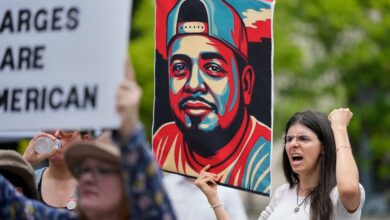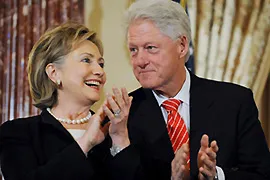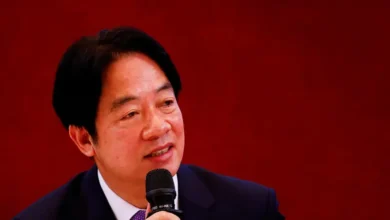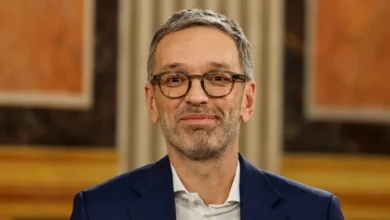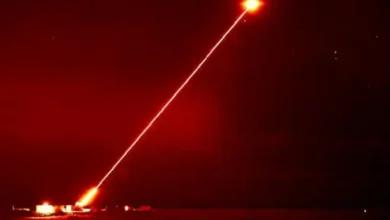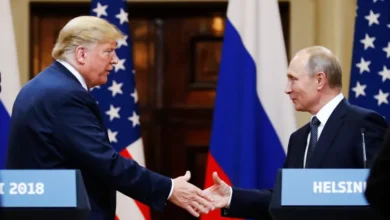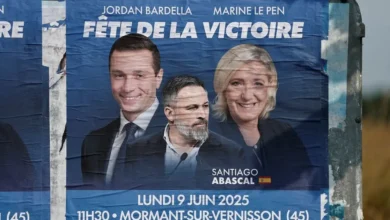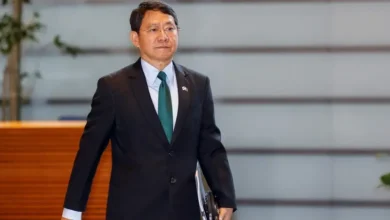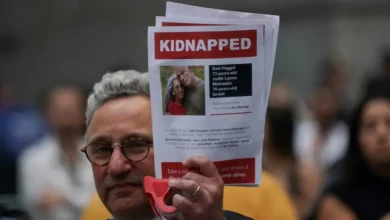European powers pushing for resolution against Iran at IAEA, diplomats say
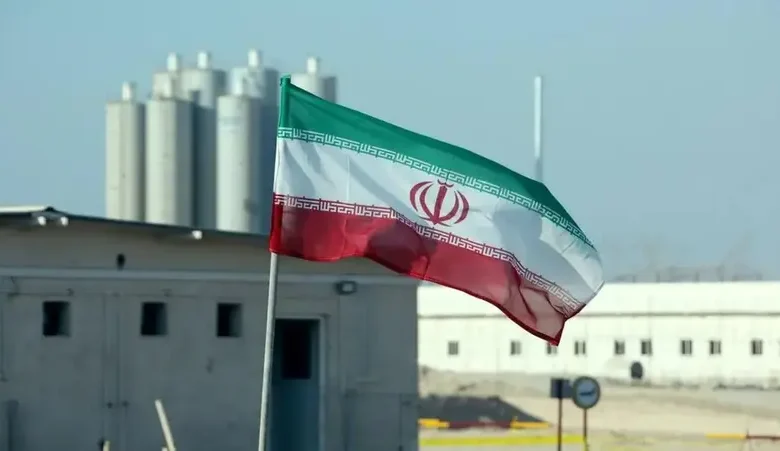
European powers are pushing for a new resolution against Iran by the UN atomic watchdog’s board next week to pressure Tehran over its poor cooperation, as the world awaits the return of US President-elect Donald Trump, diplomats say.
Such resolutions risk further diplomatic tension with Iran. It has retaliated to previous ones and other criticism at the International Atomic Energy Agency’s 35-nation Board of Governors by stepping up its nuclear activities and barring top IAEA inspectors, heightening Western concerns about its aims.
The resolution would task the IAEA with issuing a so-called “comprehensive report” on Iran’s nuclear activities in addition to its regular quarterly ones, which would describe in more detail and put further focus on problem areas like Iran’s continued failure to explain uranium traces found at undeclared sites.
The aim is to force Iran back to the negotiating table to agree new restrictions on its nuclear activities in exchange for sanctions relief – both less far-reaching than those in a 2015 nuclear deal with major powers that Trump pulled the United States out of in 2018, prompting its collapse.
That deal saw Iran agree to severe restrictions on its nuclear activities and tougher international inspections, as Western powers sought to ease the risk of conflict between Iran and its regional rivals by reducing its nuclear capabilities.
“Our concerns about Iranian nuclear activity are well known. It feels a natural point to be asking the IAEA for a thorough report. That then provides a basis to deal with Iranian behavior,” a European diplomat said, one of five who said France, Britain and Germany are pushing for a resolution.
Western efforts to hold negotiations with Iran in time for a new agreement before the 2015 deal’s “termination day” in October of next year had been largely based on the assumption Trump’s opponent Kamala Harris would win the presidential election, given Trump’s aversion to negotiating with Iran.
The United States has not been the driving force behind the resolution but is still expected to back it, as happened with the last resolution against Iran in June, diplomats said. The European powers seeking a resolution, known as the “E3”, are discussing the draft with the outgoing US administration.
IAEA chief Rafael Grossi has also not been keen on a comprehensive report since he is involved in delicate diplomacy aimed at obtaining more immediate explanations of the uranium traces from Iran and convincing it to expand his agency’s oversight of its nuclear activities.
“We are in real terms (already) providing this,” Grossi told a news conference in September when asked about the possibility of a comprehensive report.
“My approach is to try to solve issues now and not to have a perspective of a somehow punitive action at some point in the future. My idea is to try to make the cooperation work now.”
Tension
Grossi arrived in Tehran on Wednesday for talks and his first meeting with Iranian President Masoud Pezeshkian since Pezeshkian took office in July, which Grossi hopes will help break the long-standing deadlock on key issues.
Highlighting the tension between Grossi’s aim of immediate concessions and Western powers’ aim to pressure Iran into talks on nuclear restrictions next year, a senior Iranian official said: “Tehran’s reaction to a resolution could be limitations on diplomatic and technical cooperation (with the IAEA).”
Whether the incoming Trump administration would be open to negotiations on what some diplomats have called a “less for less” deal, compared with the 2015 one, is an open question.
What concessions and promises Grossi obtains from Iran will be watched closely for indications of Iran’s openness to talks.
Pezeshkian said Tehran will not be able to ignore its arch-foe the United States and needs to “handle its enemies with forbearance”, state media reported on Tuesday, a week after Trump won the US presidential election.
While there have been no reports the Trump administration plans to hold talks with Tehran after it takes office in January, the President-elect said during the campaign: “I don’t want to do damage to Iran but they cannot have nuclear weapons.”
